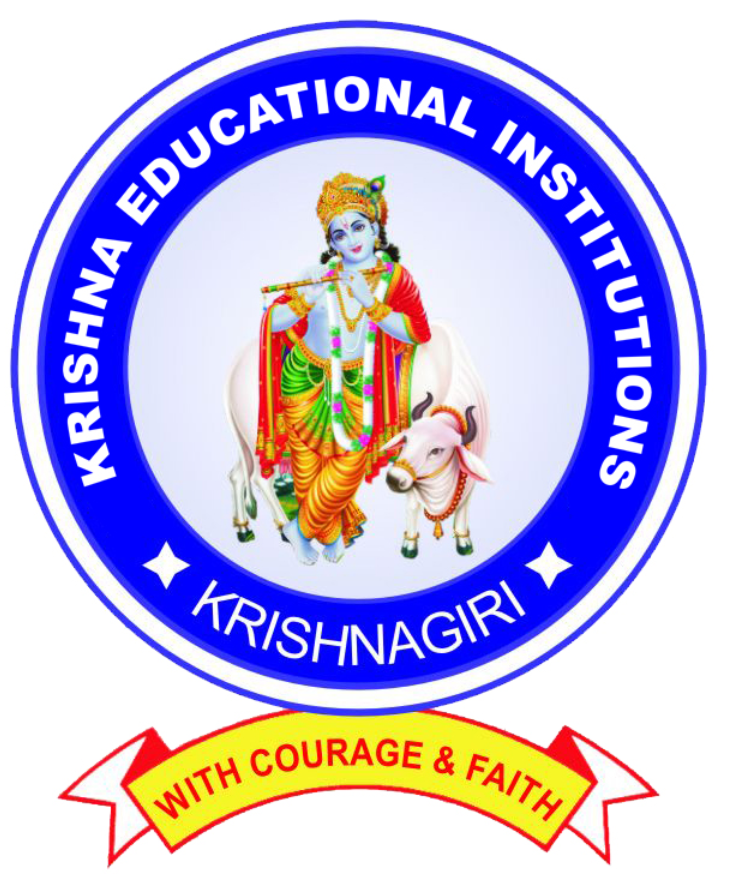Laboratory Facility
Laboratories are one of the characteristic features of education at all levels. It would be rare to find any education course without a substantial component of laboratory activity. It is taken for granted that experiment work is a fundamental part of education course. Thus the development of experiment skills among the students is often a suggested justification. Enabling students to personally experience the joy of discovering principles and relationships. Allowing students to actually engage in doing rather than being a passive observer or recipient of knowledge in the learning process. Our laboratories are well equipped with required instruments and other materials. Laboratories Provided are:
- Psychology Laboratory
- Computer laboratory
- Language Laboratory
- Social Science Laboratory
- Mathematics Laboratory
- Physical Science Laboratory
- Biological Science Laboratory
Psychology Laboratory: Educational Psychology is the systematic study of the educational growth and development of a child. Educational Psychology is its application in the field of education with the aim of socializing man and modifying his behaviour. It describes and explains the learning experiences of an individual from birth through old age. “ Psychological tests have been prone to possess great utility in many spheres like guidance, appointments, selection for tracing, classification, according to the level of intelligence, prediction, diagnosis and research in the field of education. We have a psychology lab that trains the students in applying the knowledge of principles of educational psychology and techniques to facilitate optimum development of integrated personality. It provides First-hand experience to students teachers in conducting psychological aspects applicable to classroom teaching-learning situations. The trainees conduct experiments in the lab under the guidance of psychology lecturers. Conducted Experiments are:
- Verbal test of intelligence
- Non-Verbal test of Intelligence
- Memory Test
- Mirror Drawing Test
- Division of attention
- Questionnaire of teacher attitude
Computer Laboratory: We are having 25 computers with multimedia software and internet facility; UPS with back up facility for 24 hours.It is useful for making the powerpoint presentations for the teacher students under the subject Information and Communication Technology. The faculties are computer literate.
Language Laboratory: The aim of Language lab is developing the communicative skills of the Students. Well equipped English lab and Kannada lab are available. English Lab is having “Lingua phone”, Audio equipment’s with headsets and is helping the students to develop their English pronunciation and teaching method. It supports English methodology students to feel more comfortable in their practice sessions. Kannada lab is also having all the facilities which supports the teacher students to develop their style of teaching and involvement to the language and its culture.
Social Science Laboratory: It is a portrait of Indian culture. It consist Art and Architecture of different civilizations of the world. It introduces students in the conduct of political, social and economical research using quantitative methodologies. The methods are examined in the context of specific research activities like public opinion surveys, comparisons of political processes in different countries and the evaluation of public policies. It also enhances the knowledge of geography and the horizon of everyday world. Different types of Maps, Charts, and Models are obtained in the Lab.
Mathematics Laboratory: It is a unique room or place, with relevant and up-to-date equipment known as instructional materials, designated for the teaching and learning of mathematics and other scientific or research work, whereby professionally qualified Lecturer readily interact with the students on specified set of instructions. To an approach to teaching and learning of mathematics which provides opportunity to the learners to abstract mathematical ideas through their own experiences, that is to relate symbol to realities. The functions of mathematics laboratory include the followings:
- Arousing interest and motivating learning.
- Cultivating favourable attitudes towards mathematics.
- Enriching and varying instructions.
- Encouraging and developing creative problems solving ability.
- Allowing for individual differences in manner and speed at which students learn.
- Making students to see the origin of mathematical ideas and participating in “mathematics in the making”.
Physical Science Laboratory: This helps the student to develop a broad array of basic skills and tools of experimental physics and data analysis. It helps the students to understand the role of direct observation in physics and to distinguish between inferences based on theory and the outcomes of experiments and develop collaborative learning skills that are vital to success in many lifelong endeavours. It gives the student an appreciation of the way chemistry, as a science, works. Above all, the aims offer possibilities where the student learner can be challenged to think, to argue, to weigh evidence, to explore chemical ideas. There is an opportunity to make chemistry real, to illustrate ideas and concepts, to expose theoretical ideas to empirical testing, to teach new chemistry and as a source of evidence in enquiry and to learn how to devise experiments which offer genuine insights into chemical phenomena. It helps to learn the skills of observation and the skills of deduction and interpretation. The Intellectual stimulation is connections with the ‘real world’, raising enthusiasm for chemistry.
Biological Science Laboratory: The study of biology provides students with opportunities to develop an understanding of our living world. Biology is the study of life and its evolution, of organisms and their structures, functions, processes, and interactions with each other and with their environments. The knowledge of biology includes scientific data, concepts, hypotheses, theories, methodology, use of instruments, and conceptual themes. The students will use the processes and materials of science to construct their own explanation of biological phenomena. They observe, collect data and interpret data of life processes, living organisms, and/or simulations of living phenomena. The distinction between laboratory and traditional classroom learning is that activities are student-centered, with students actively engaged in hands-on, minds-on activities using laboratory or field materials and techniques.
